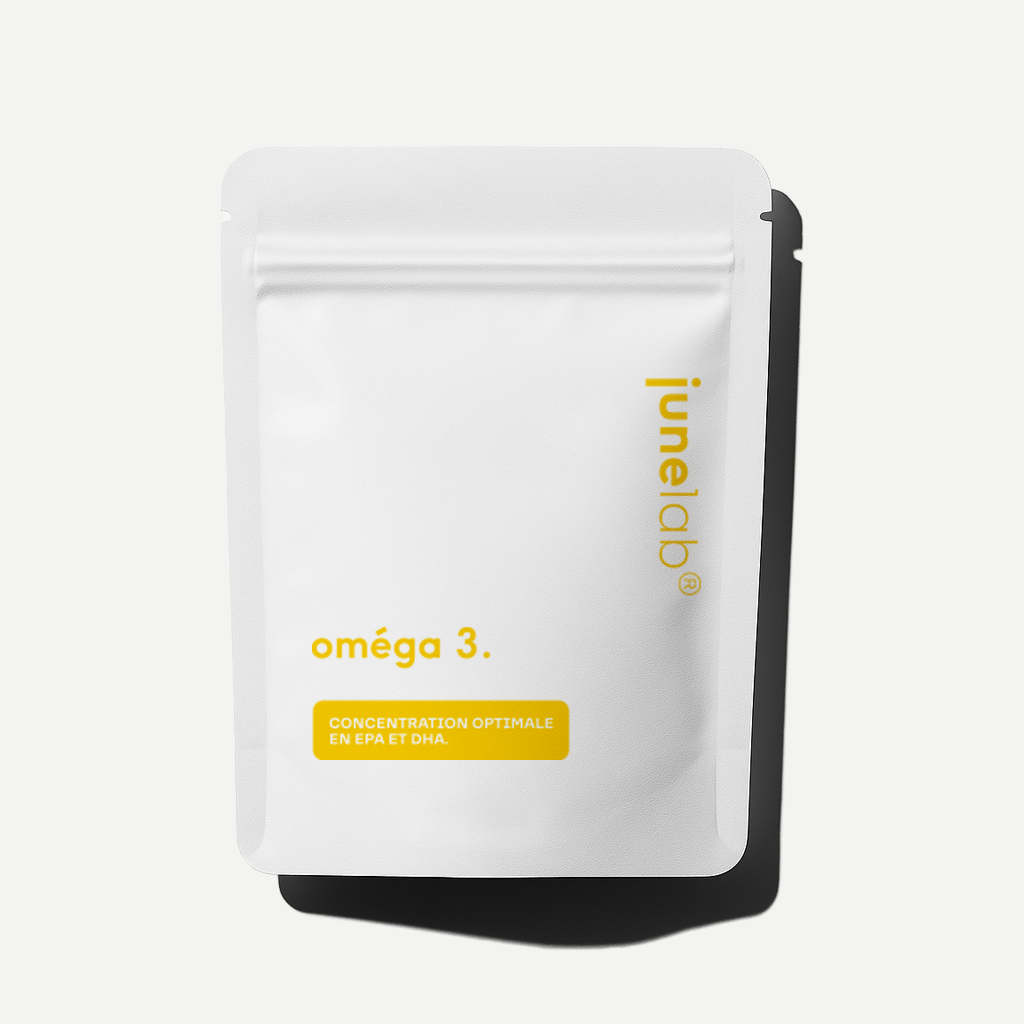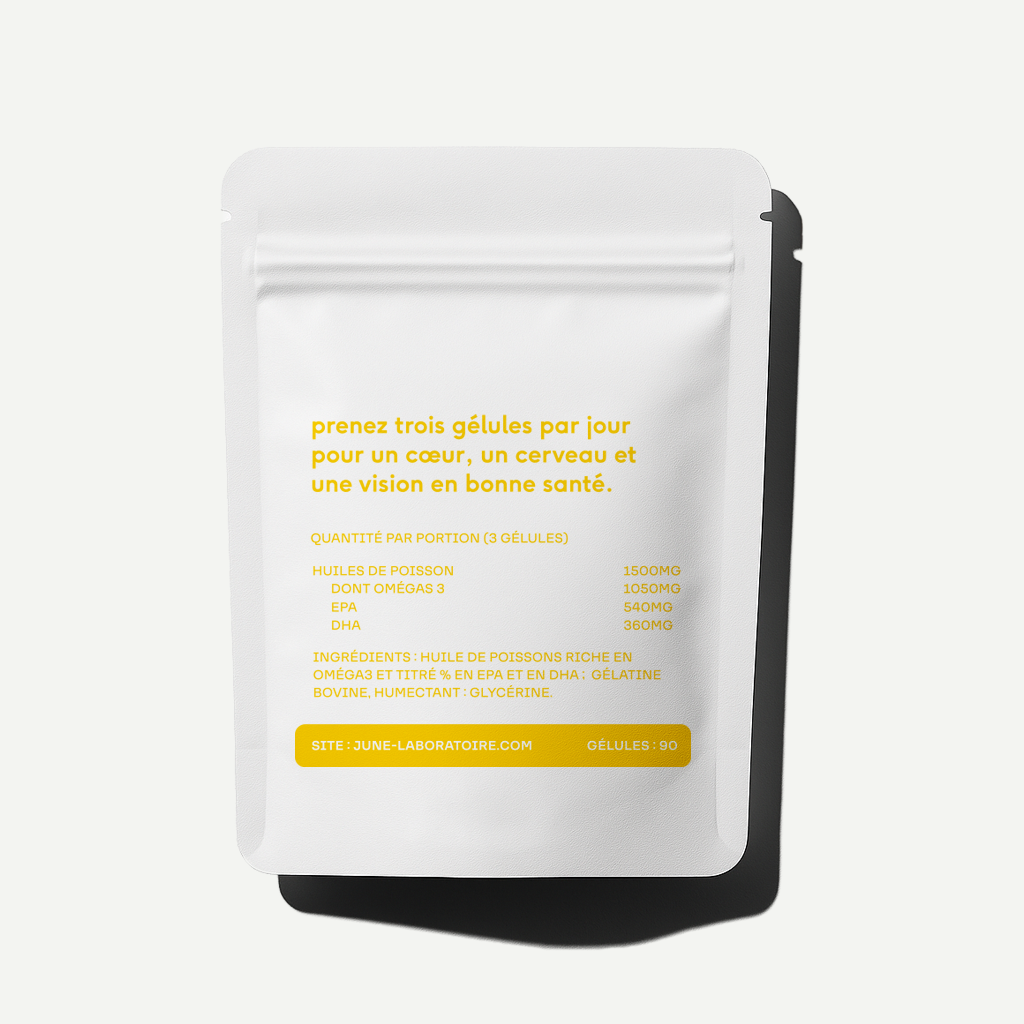
Dry or atopic skin.
Dry skin and atopic skin may seem similar, but they have distinct causes and treatments. Understanding these differences is important for proper care. Here are answers to the most frequently asked questions about these two skin types, along with tips for treating them effectively.
What is the difference between dry skin and atopic skin?
Dry skin is a temporary condition where the skin lacks moisture and lipids. It manifests as tightness, flaking, and sometimes redness. In contrast, atopic skin is a chronic, often hereditary condition where the skin barrier is impaired, making the skin more vulnerable to irritation, itching, and infection. People with atopic dermatitis often experience red patches and intense itching.
Recommended product:
-
Hydrate – This supplement promotes deep hydration and helps restore the skin barrier, thus soothing dry and atopic skin. [2] [4] [5]
Dry skin can be caused by several factors, including:
- Climate: The cold and dry air in winter dehydrates the skin.
- Aging: With age, sebum production decreases, which affects the skin's natural hydration.
- Exposure to harsh products: Some soaps and cleansers that are too abrasive can damage the skin barrier.
- Lack of hydration: Not drinking enough water can also deprive the skin of essential moisture.
What care is recommended for atopic skin?
For atopic skin, it's essential to use products that repair the skin barrier and soothe irritation. Opt for emollient creams rich in essential fatty acids, as well as skincare products containing soothing ingredients like zinc and hyaluronic acid, which hydrate and reduce inflammation.
Recommended product:
-
Hydrate – This supplement is formulated to soothe and hydrate atopic skin, reducing inflammation and strengthening the skin barrier. [2] [4] [5]
How to effectively moisturize dry skin?
To effectively moisturize dry skin, it is important to follow an appropriate skincare routine:
- Use a gentle cleanser that does not dry out the skin.
- Apply a moisturizer rich in hyaluronic acid to lock moisture into the skin.
- Drink enough water to maintain internal hydration.
- Apply nourishing oils such as argan or avocado oil, which strengthen the lipid barrier.
What are the symptoms of atopic skin?
Symptoms of atopic skin include:
- Red patches often located in the folds (elbows, knees, etc.).
- Intense itching that may worsen with stress or heat.
- Very dry skin that often has scales.
- Increased sensitivity to irritants such as soaps and synthetic fabrics.
Dry skin can be caused by a lack of sebum production, which forms a natural protective barrier. Several factors can exacerbate dry skin, such as hormonal changes, extreme temperatures, and overuse of harsh cleansers. Diet also plays a significant role: a lack of essential nutrients like omega-3 fatty acids and vitamins can weaken the skin.
Recommended product:
-
Omega 3 – This supplement helps improve skin hydration by supporting the production of protective lipids, while promoting overall skin health.
What ingredients should be avoided with atopic skin?
For people with atopic skin, it is important to avoid certain irritating ingredients:
- Sulfates: These foaming agents can destroy the skin barrier.
- Perfumes and preservatives: Often too harsh for sensitive skin, they can trigger irritation.
- Astringent alcohols: They dry out the skin and worsen dryness.
Always choose products formulated without these ingredients, specifically suited to sensitive skin.
How to soothe an atopic skin crisis?
During an atopic skin flare-up, it is essential to quickly soothe the itching and inflammation. Here are some solutions:
- Apply an emollient cream rich in fatty acids and soothing agents.
- Use cold compresses to relieve intense itching.
- Incorporate anti-inflammatory supplements, such as those containing zinc, which help reduce redness.
Recommended product:
- Hydrate – This supplement is formulated to soothe and hydrate atopic skin, reducing inflammation and strengthening the skin barrier. [2] [4] [5]
Why does skin become dry in winter?
In winter, the combination of cold outside and indoor heating dries out the air, reducing the skin's moisture content. This causes rapid dehydration and a loss of suppleness. In addition, low temperatures slow blood circulation, limiting the supply of essential nutrients to the skin.
What foods can help improve dry skin?
Certain foods can help improve skin hydration and health:
- Oily fish (salmon, mackerel): rich in omega-3, they help strengthen the skin's lipid barrier.
- Nuts and seeds: These are rich in essential fatty acids and vitamin E, which promote soft and supple skin.
- Water-rich fruits and vegetables: like cucumber and watermelon, they provide hydration from within.
Recommended product:
- Omega 3 – This supplement promotes skin hydration thanks to its essential fatty acids, which help restore the natural skin barrier
What are the best moisturizers for dry or atopic skin?
To effectively moisturize dry or atopic skin, it is recommended to use creams rich in moisturizing and soothing agents such as hyaluronic acid, glycerin, and zinc. These ingredients help maintain skin moisture while repairing its protective barrier. Emollient creams containing essential fatty acids are particularly recommended for atopic skin.
Recommended product:
- Hydrate – This supplement intensely hydrates and helps restore the skin barrier, reducing feelings of tightness and itching. [2] [4] [5]
Can hard water make dry skin worse?
Yes, hard water contains a high concentration of minerals, including calcium and magnesium, which can aggravate dry skin by disrupting the natural balance of the skin barrier. This can cause skin dehydration and exacerbate discomfort, especially for people with atopic skin.
How to differentiate eczema from atopic skin?
Eczema and atopic dermatitis are often confused because they share similar symptoms like itching and redness. However, atopic dermatitis is a chronic, often hereditary condition that begins in childhood. Eczema can be triggered by specific irritants (soaps, chemicals) or allergies. Atopic dermatitis is a form of eczema but with more regular flare-ups.
Can stress cause atopic skin flare-ups?
Stress is a well-known trigger for atopic dermatitis flare-ups. When a person is stressed, their body releases hormones like cortisol, which can weaken the skin barrier and cause inflammation. This often leads to worsening itching and flare-ups of dermatitis.
Solution: In addition to topical care, it's important to adopt stress management techniques, such as meditation or breathing exercises, to minimize flare-ups.
Why does atopic skin itch so much?
Atopic skin itches due to a compromised skin barrier that fails to retain enough water. This leads to extreme dryness, making the skin more prone to irritation and itching. Additionally, atopic skin overreacts to irritants, causing inflammation that exacerbates itching.
Recommended product:
- Hydrate – Hyaluronic Acid, Zinc – This supplement helps hydrate and soothe atopic skin by reducing inflammation and itching. [2] [4] [5]
What actions should be avoided with dry skin?
To avoid making dry skin worse, here are some things to avoid:
- Avoid showers that are too hot, which dry out the skin even more.
- Do not use harsh soaps or products containing alcohol which remove natural oils from the skin.
- Do not rub the skin with a towel after showering, but rather pat it gently to dry.
How to naturally treat atopic skin?
Some natural solutions can help soothe and moisturize atopic skin:
- Coconut oil is rich in fatty acids and can be applied to deeply moisturize the skin.
- Colloidal oatmeal is known for its soothing and anti-inflammatory properties and can be used in a warm bath to soothe itching.
- Shea butter is also excellent for nourishing the skin and restoring its protective barrier.
Why does dry skin get worse with age?
With age, sebum production naturally decreases, causing the skin to lose moisture and elasticity. The skin becomes thinner, less able to retain water, and therefore more prone to dryness. This process is exacerbated by hormonal changes that occur during menopause, for example, leading to even drier and more fragile skin.
Recommended product:
- Omega 3 – This supplement helps restore essential lipids to the skin, slowing down the effects of aging on skin dryness.
What toiletries should I use for atopic skin?
People with atopic skin should use gentle toiletries formulated specifically for sensitive skin. Opt for soap-free and fragrance-free shower gels enriched with moisturizing agents such as aloe or glycerin. It's also recommended to use shower oils that nourish the skin while gently cleansing.
How to prevent atopic dermatitis flare-ups?
To prevent atopic dermatitis flare-ups, it is essential to keep your skin well hydrated. Here are some tips:
- Use an emollient cream daily to strengthen the skin barrier.
- Avoid irritating products such as perfumes, dyes and harsh preservatives.
- Wear soft cotton clothing that allows the skin to breathe and avoid synthetic or rough materials.
- Maintain a humidified indoor environment to offset the drying effects of dry air.
Recommended product:
Controlled ingredients
The origin of our ingredients is controlled and transparent.
Unique formulas
Our unique formulas are developed by Doctors of Pharmacy.
Our patients love
We are very proud to be rated 4.7/5 on more than 250 reviews.
Free delivery
Delivery in 2 to 4 days offered for orders in France.

